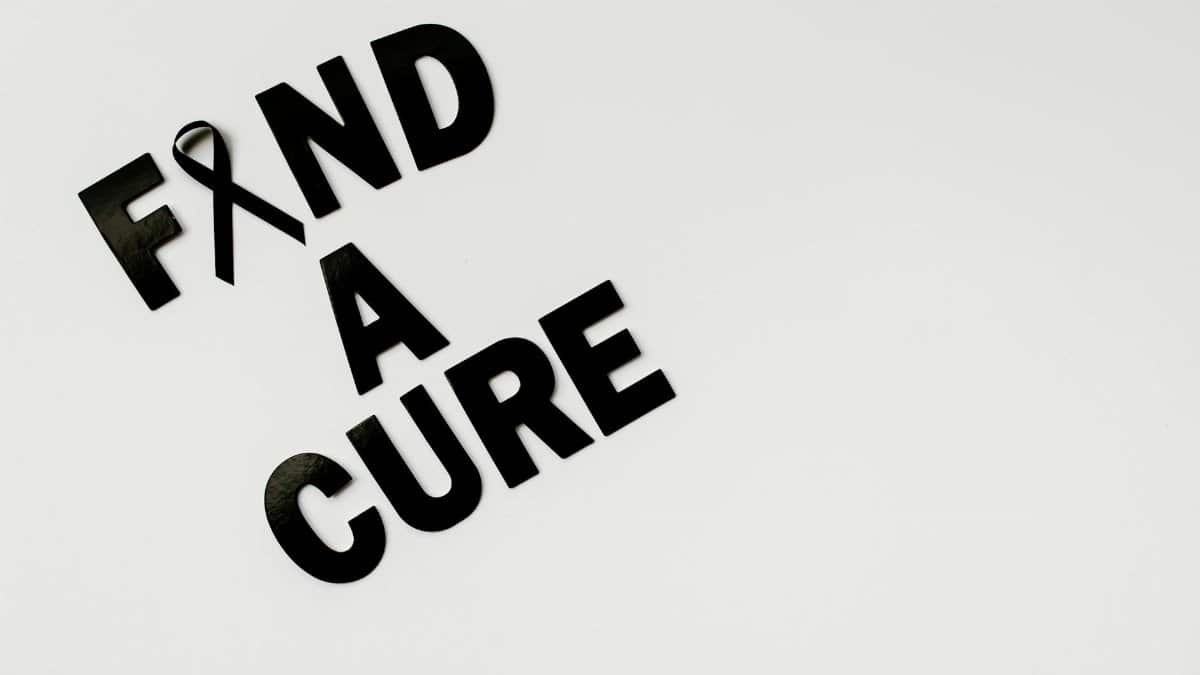Is mind-body healing the hidden key empaths have been searching for? For those who feel the weight of others’ emotions, finding balance can be a constant struggle. Yet, this holistic approach, which connects mental and physical well-being, is gaining traction as a powerful tool for self-regulation. By addressing both the emotional and physical toll of empathy, mind-body healing offers a path to inner peace that many empaths desperately need but rarely seek. It’s time to uncover how this practice can transform lives.
What Is Mind-Body Healing?

At its core, mind-body healing is a practice that bridges the gap between mental and physical health. It recognizes that stress, emotions, and trauma don’t just live in the mind—they manifest in the body as tension, fatigue, or even chronic pain. For empaths, who often absorb others’ feelings, this connection is especially vital. Techniques like meditation, breathwork, and somatic therapy help release stored emotions and promote balance. It’s not a quick fix, but a sustainable way to nurture well-being.
Why Empaths Struggle Without It

Empaths are wired to sense and carry the emotional burdens of those around them. Without tools to process this input, they risk burnout, anxiety, or physical exhaustion. Mind-body healing provides a framework to offload that weight. By tuning into their own needs—often sidelined in favor of others—empaths can learn to set boundaries and reclaim energy. Ignoring this need for self-care often leads to a cycle of depletion that’s hard to break.
How It Addresses Emotional Overload

Emotional overload is a hallmark of the empath experience, and mind-body healing tackles it head-on. Practices like guided visualization or body scanning help identify where stress is held—think tight shoulders or a racing heart—and release it. Studies from institutions like Harvard Medical School show that mindfulness-based techniques can lower cortisol levels, the stress hormone, significantly. Learn more about this research at Harvard Health. For empaths, this means less overwhelm and more control.
Physical Relief for a Sensitive Soul

Empaths often report physical symptoms tied to emotional strain—headaches, fatigue, or digestive issues. Mind-body healing targets these directly through practices like yoga or progressive muscle relaxation. These methods don’t just soothe the body; they signal the mind to calm down too. Research supported by the National Institutes of Health highlights how such integrative approaches reduce chronic pain and improve overall health. Explore their findings at NIH Mind and Body Practices.
Building Stronger Boundaries

One of the greatest gifts mind-body healing offers empaths is the ability to say “no” without guilt. Through grounding exercises or journaling, empaths can reconnect with their own needs and protect their energy. This isn’t about shutting others out—it’s about creating a shield that allows for compassion without sacrifice. Over time, these practices build resilience, so absorbing external negativity becomes less automatic and more manageable.
Simple Steps to Start Today

Getting started doesn’t require a major overhaul. Empaths can begin with five minutes of deep breathing each morning to center themselves. Apps or local classes for mindfulness meditation are widely available and beginner-friendly. Another easy step is a nightly body scan—lie down, close your eyes, and notice areas of tension. Pair this with a gratitude practice to shift focus from others’ pain to personal peace. Small, consistent actions build a foundation for lasting change.
Finding Community and Support

Healing doesn’t have to be solitary. Many empaths find strength in groups focused on mind-body practices, whether through local yoga studios or online forums. Sharing experiences with others who understand the unique challenges of high sensitivity can validate struggles and inspire new coping strategies. Look for workshops or retreats that emphasize holistic healing—connecting with like-minded individuals often amplifies the benefits of the journey.
